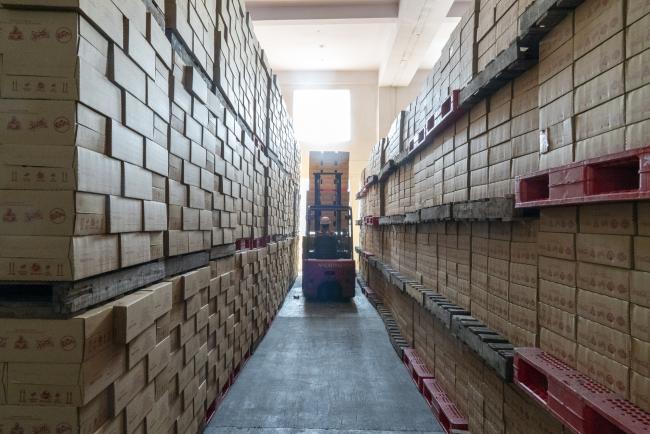(Bloomberg) -- Manufacturing sentiment across Asia remained in the doldrums during August as the escalating U.S.-China trade war continues to hammer sentiment.
Purchasing manager indexes for Japan, South Korea and Taiwan remained in negative territory. Japan’s Jibun Bank and IHS Markit PMI fell to 49.3 from 49.4 in July, the eighth consecutive month of contraction. The IHS Markit PMI for Taiwan fell to 47.9 from 48.1 in July.
While South Korea’s IHS Markit PMI rose to 49 from 47.3 in July, it is still showing a contraction. Readings below 50 signal a shrinking of factory activity.
The three manufacturing nations have been among the most exposed to trade tensions, a cooling technology boom and slowing demand in line with a weaker global economy.
China’s Caixin Media and IHS Markit PMI rose to 50.4 from 49.9 in July, indicating a renewed expansion and its highest level since March. Yet the nation’s official manufacturing PMI dropped to 49.5, according to data released Saturday by the National Bureau of Statistics, with sub-gauges showing that domestic and new overseas orders contracted.
It was a soft picture across Southeast Asia with Indonesia slipping further into contraction -- to its lowest since July 2017 -- and the Philippines, Thailand, and Myanmar all expanding more slowly. PMIs for Malaysia and Vietnam -- the weakest and strongest performers in the region -- are due Tuesday.
Developments in U.S.-China trade relations remain the dominant driver of sentiment. On Sunday, higher U.S. tariffs on roughly $110 billion in Chinese imports took effect, as did Beijing’s retaliatory duties on U.S. goods.
“High uncertainty over U.S. - China trade policies, Brexit and other political and geopolitical developments continues to weigh on the global outlook,” economists at Barclays (LON:BARC) wrote in a note. “The news flow leaves room for hope on potential U.S.-China or Brexit deals, but the development pattern so far makes us skeptical about any sudden solutions.”
